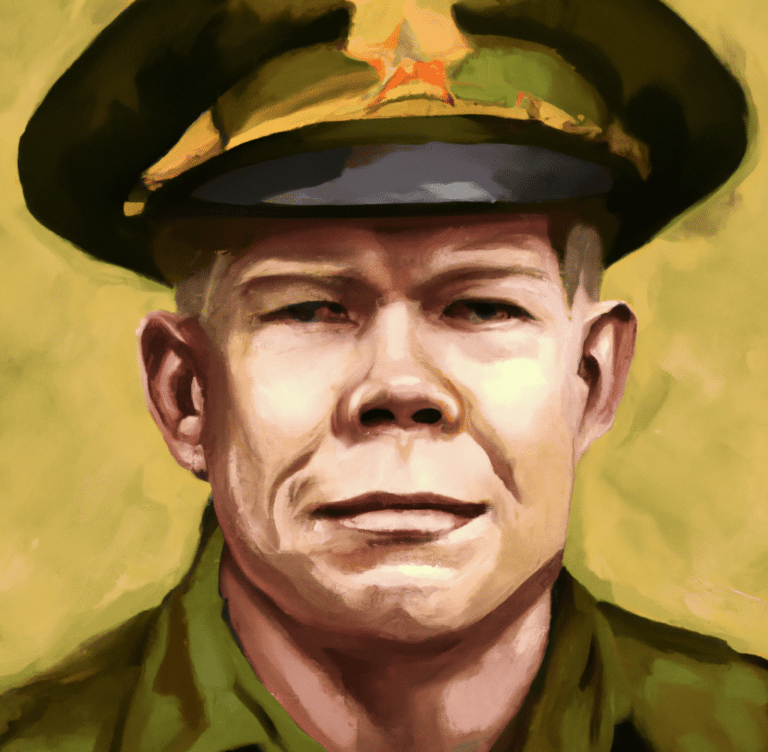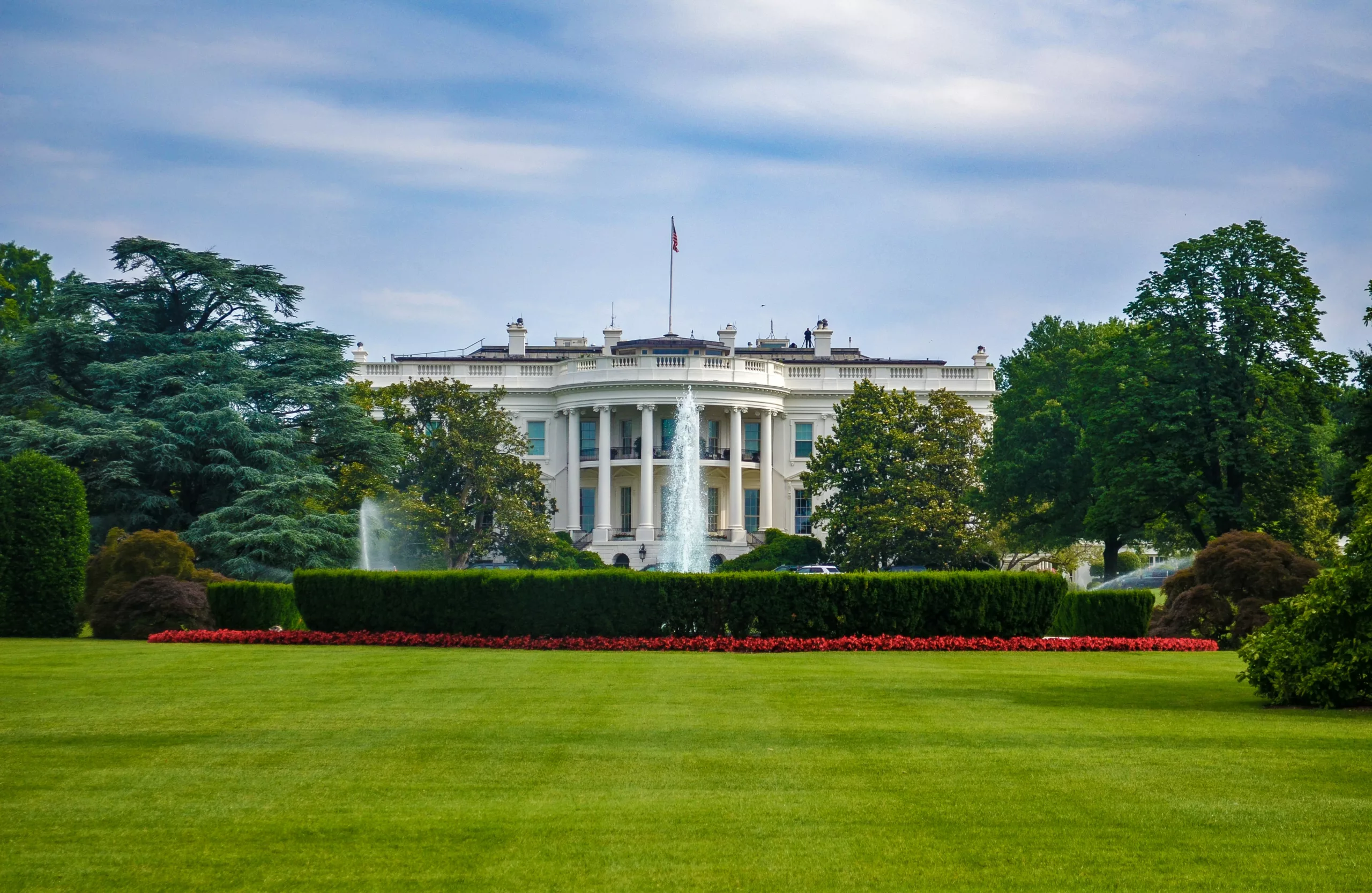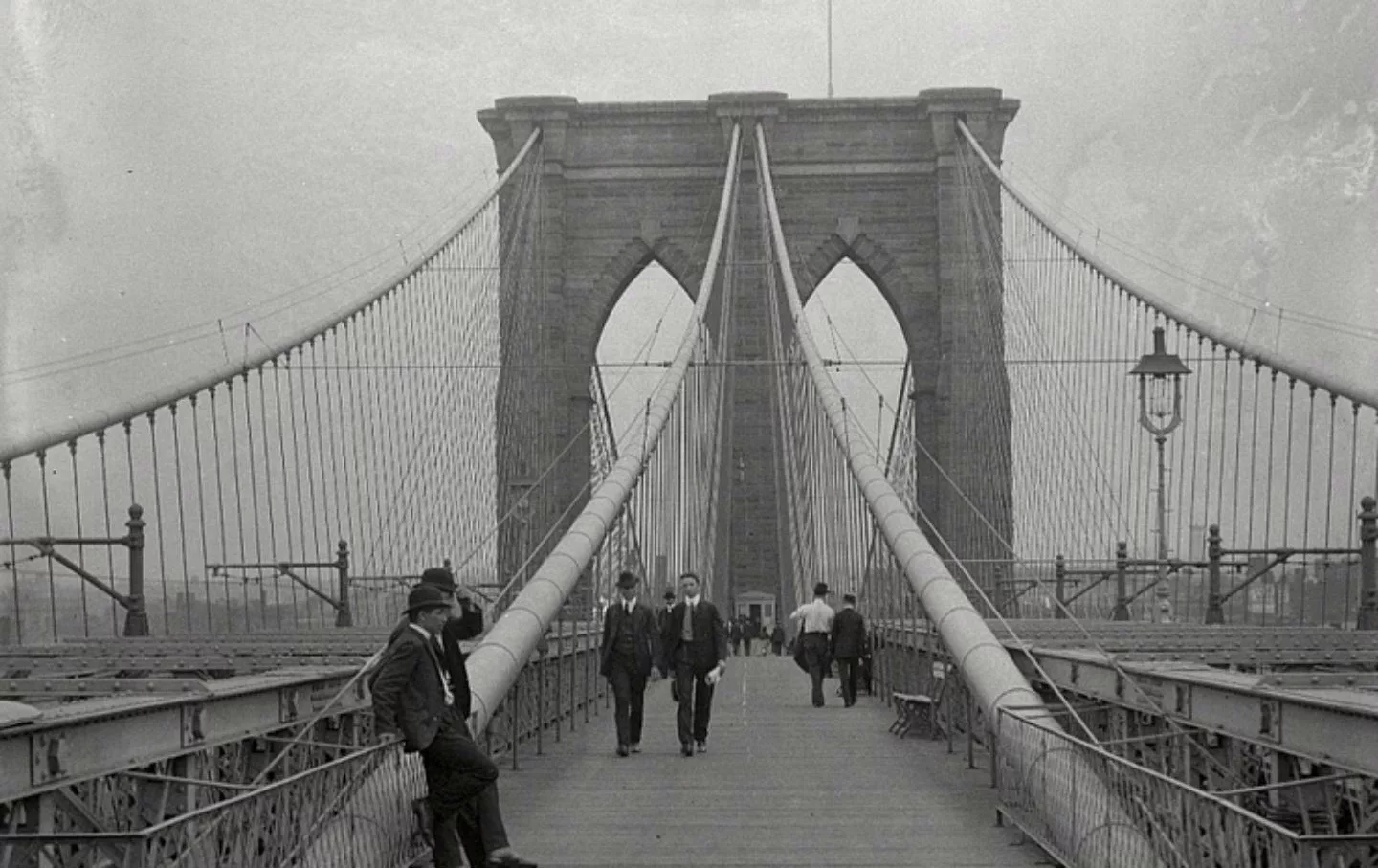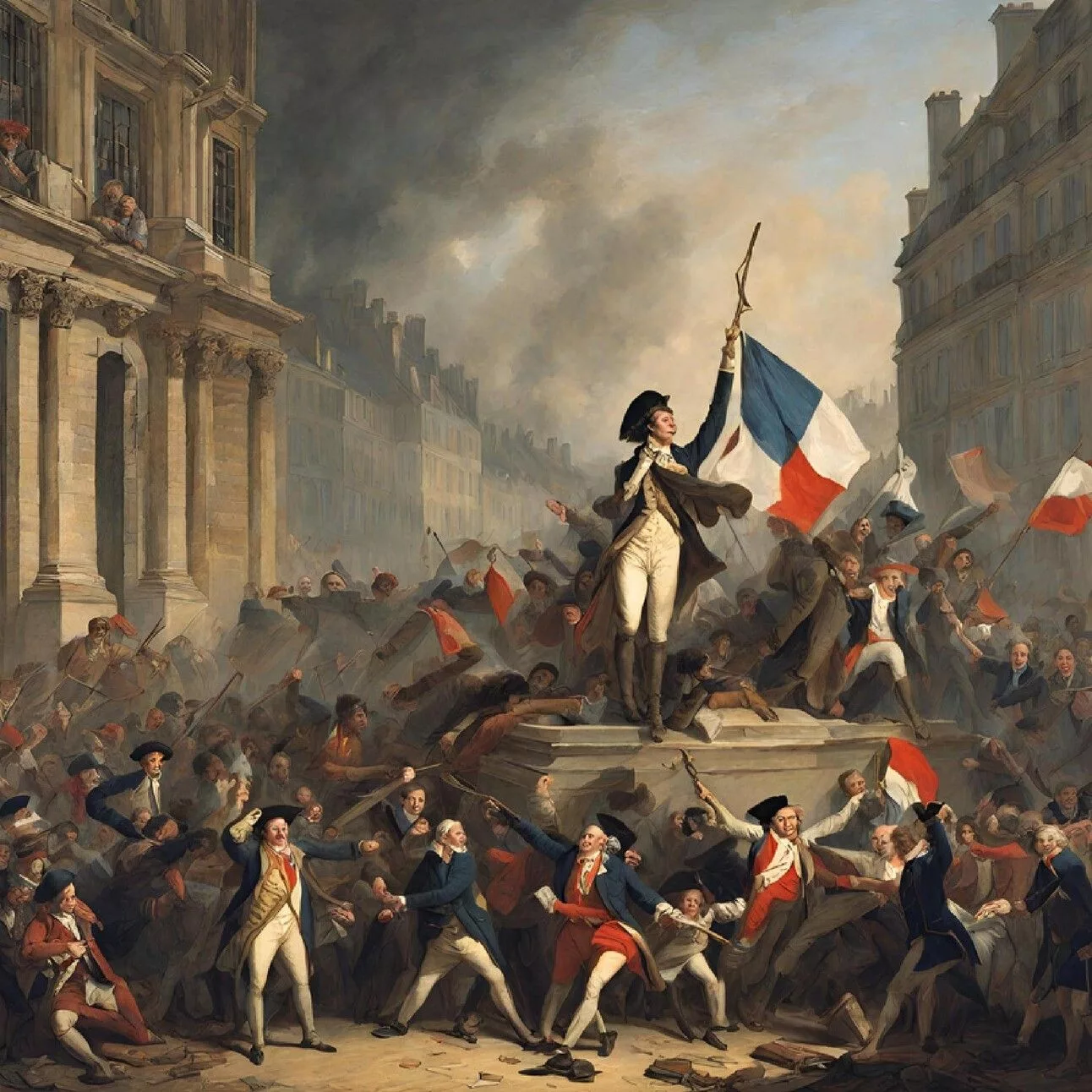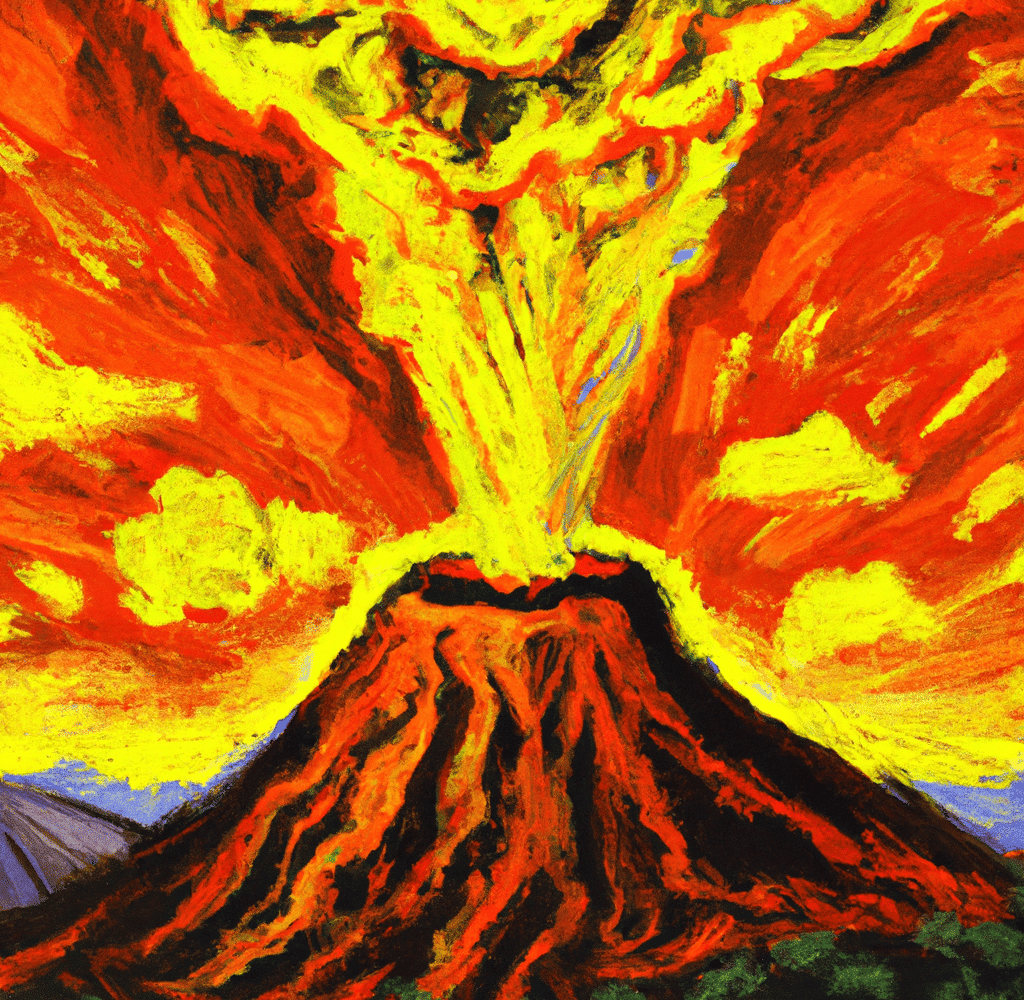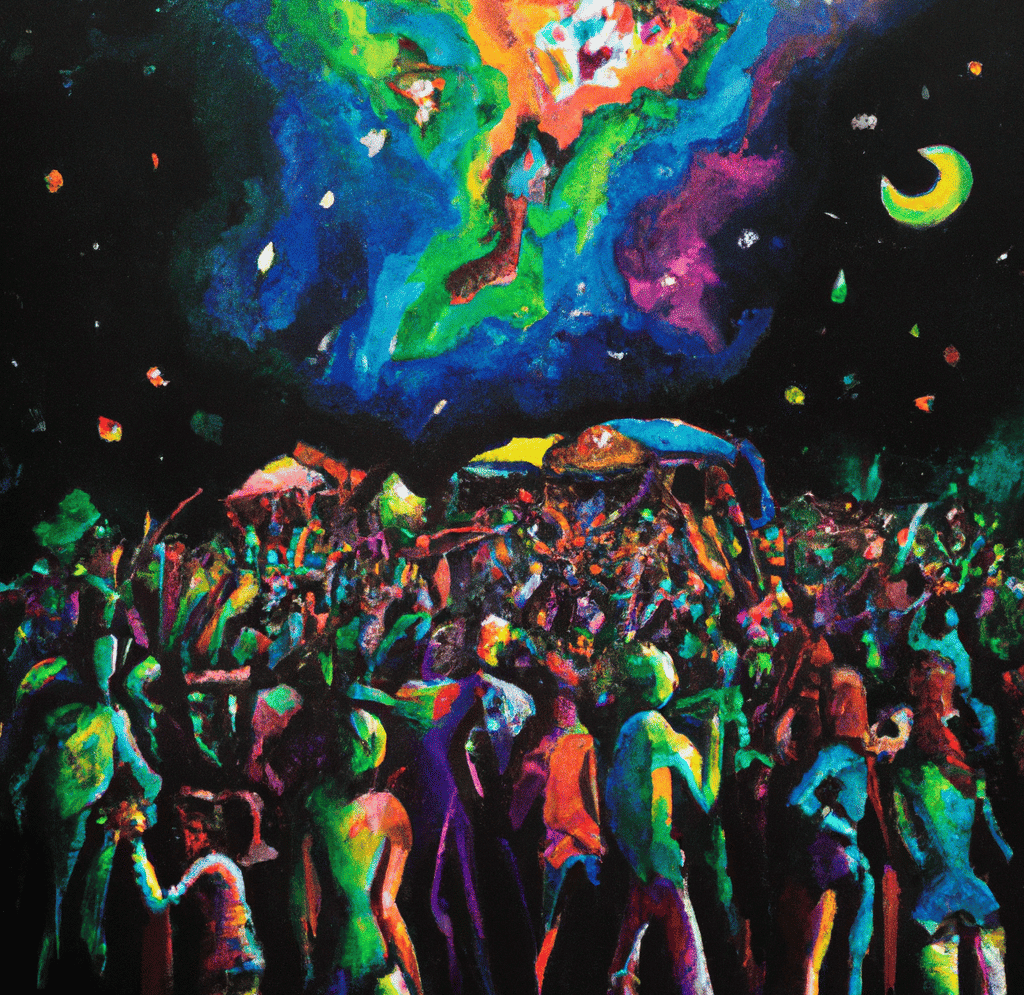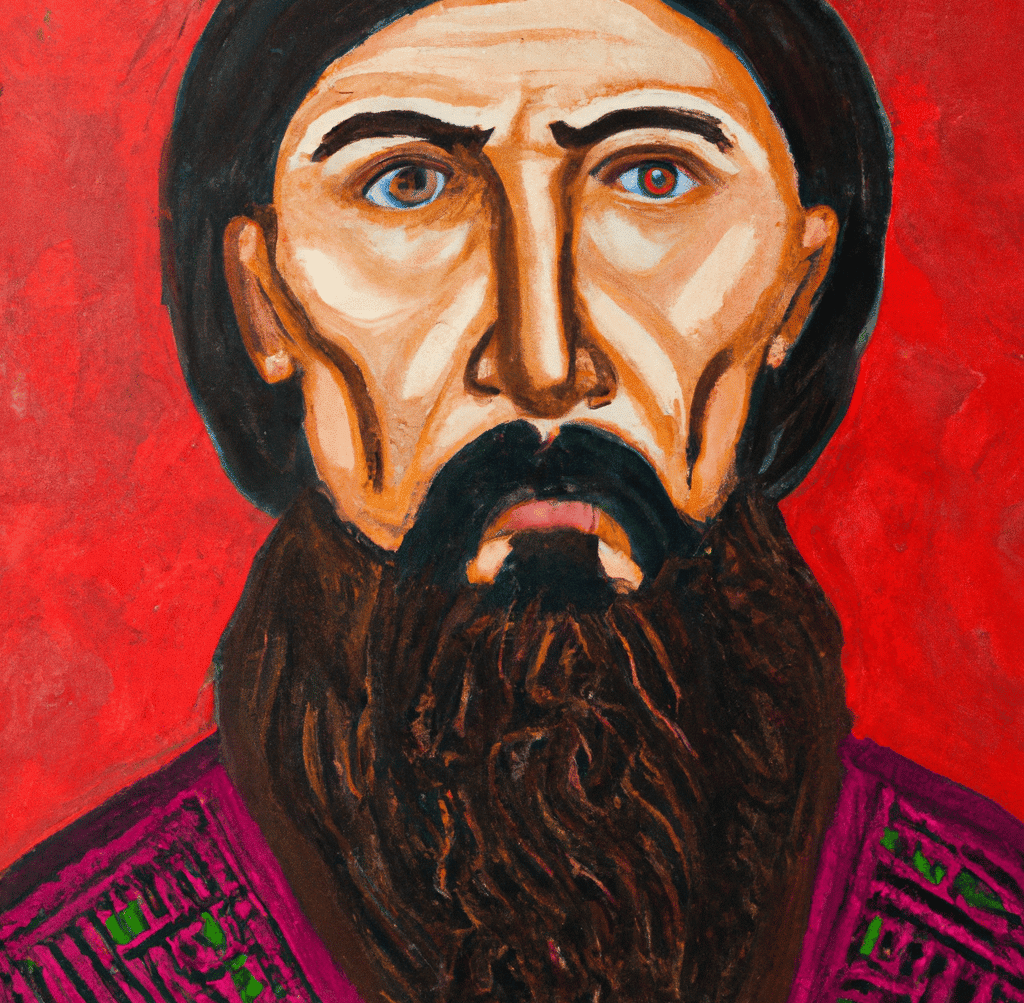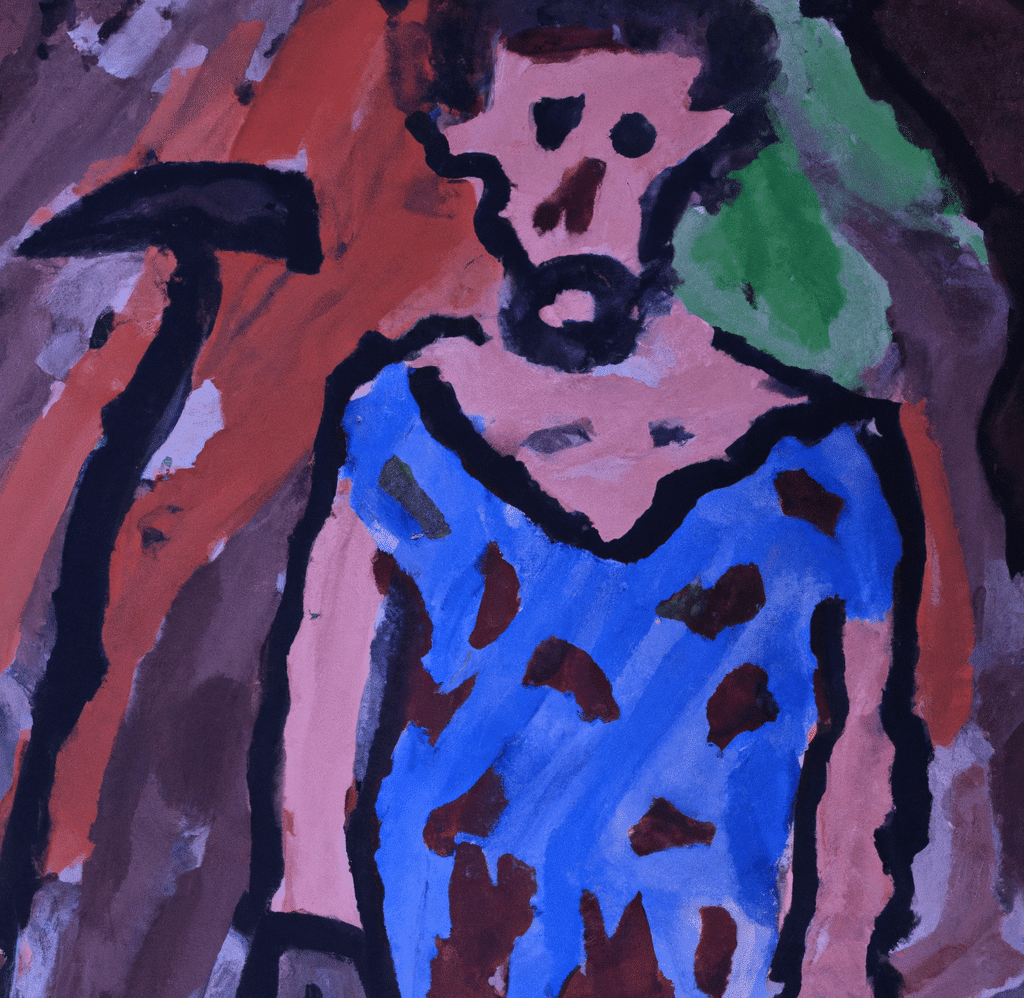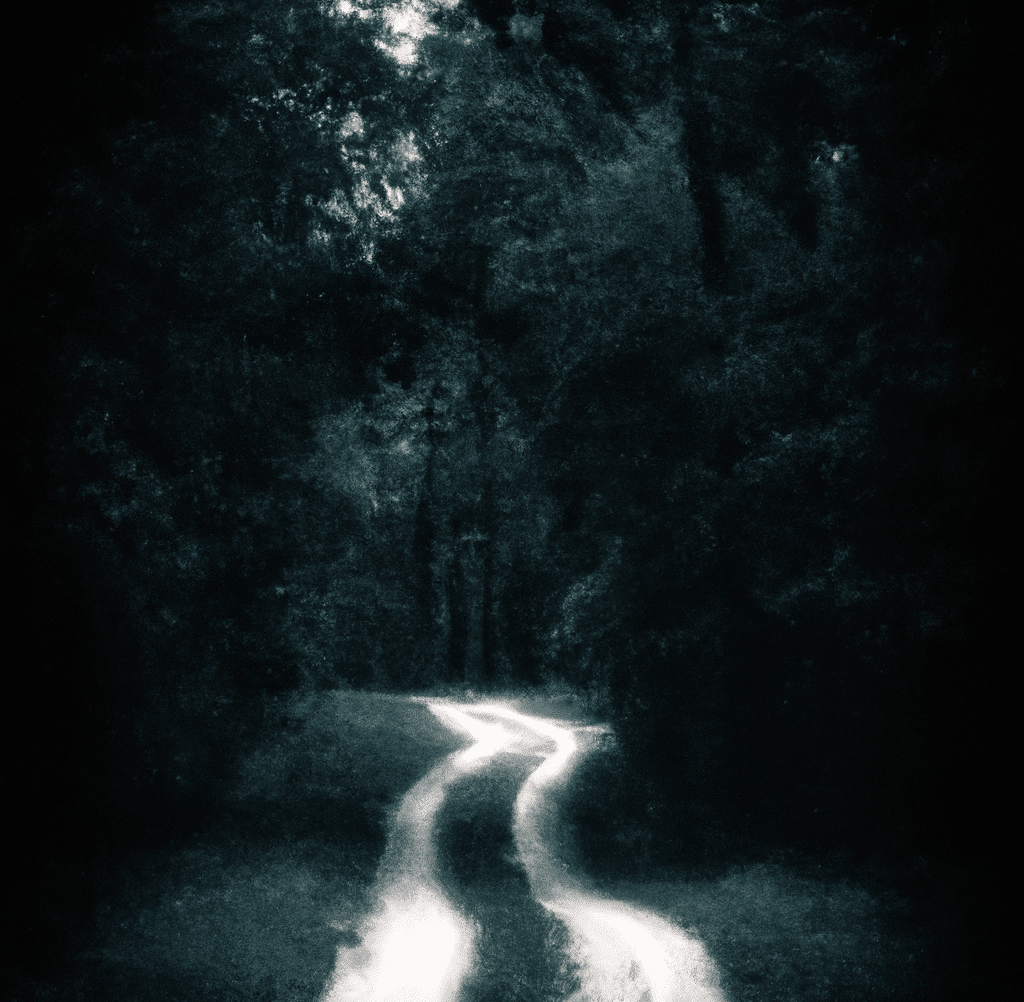Dear History Enthusiast,
Welcome to another edition of the Historyinmemes Newsletter! Today, we’re taking you on a journey through a turbulent and transformative period in American history: the Vietnam War.
🌏 The Vietnam War Unearthed The Vietnam War, a complex and controversial conflict, shook the very foundations of the United States. We’ll dive into the causes, major battles, and the profound impact this war had on both the U.S. and Vietnam.
Causes of the Vietnam War: The Vietnam War, also known as the Second Indochina War, emerged from a complex web of political, ideological, and historical factors:
Colonial Legacy: Vietnam had been a French colony since the 19th century. The struggle for independence from French colonial rule, led by figures like Ho Chi Minh, set the stage for the conflict.
Cold War Dynamics: The Cold War rivalry between the United States and the Soviet Union shaped international relations. The U.S. saw the spread of communism as a significant threat and became involved in Vietnam to contain its influence.
Gulf of Tonkin Incident: The Gulf of Tonkin incident in 1964, where the USS Maddox was allegedly attacked by North Vietnamese patrol boats, led to the U.S. Congress passing the Gulf of Tonkin Resolution, giving President Lyndon B. Johnson broad authority to escalate U.S. involvement in Vietnam.
Domino Theory: The belief that if one country in Southeast Asia fell to communism, neighboring countries would follow. This theory influenced U.S. policy.
Major Battles and Campaigns: The Vietnam War witnessed several major battles and campaigns, including:
Tet Offensive (1968): The Tet Offensive was a series of coordinated surprise attacks by the Viet Cong (South Vietnamese communist forces) and North Vietnamese Army against major cities and military installations in South Vietnam. While militarily costly for the Viet Cong, it had a significant psychological impact and influenced public opinion in the U.S.
Battle of Khe Sanh (1968): The prolonged battle at Khe Sanh, near the border between North and South Vietnam, became a symbol of American commitment and the challenges faced in Vietnam.
Operation Rolling Thunder: A sustained bombing campaign over North Vietnam, which lasted from 1965 to 1968. It aimed to weaken the North’s ability to support the Viet Cong but had limited success.
My Lai Massacre (1968): A tragic event in which American troops killed hundreds of Vietnamese civilians, including women and children, in the village of My Lai. It had a devastating impact on public perception of the war.
Profound Impact: The Vietnam War had profound and enduring consequences:
Casualties and Human Cost: The war resulted in millions of deaths, including soldiers and civilians from both sides. The war had devastating social and psychological consequences for those who survived, with many veterans experiencing post-traumatic stress disorder (PTSD).
Division in the U.S.: The Vietnam War divided American society. Protests and anti-war movements grew, and the war became a focal point for the Civil Rights Movement.
U.S. Withdrawal: The war ended with the withdrawal of U.S. troops in 1973 and the fall of Saigon to North Vietnamese forces in 1975. It marked a significant moment in U.S. foreign policy and led to a reevaluation of military interventions.
Legacy in Vietnam: The war had lasting impacts on Vietnam. The country was left deeply scarred, with infrastructure and agriculture severely damaged. The legacy of Agent Orange, a toxic herbicide used by the U.S., continues to affect generations in Vietnam.
✌️ Protests and Anti-War Movements Explore the passionate protests and anti-war movements that defined this era. The Vietnam War sparked a wave of activism, with millions taking to the streets to voice their opposition and demand change.
1. Moral Outrage and the Civil Rights Movement: The Civil Rights Movement and the anti-war movement often intersected, creating a powerful force for change. Prominent civil rights leaders like Dr. Martin Luther King Jr. spoke out against the war, arguing that resources allocated to the military effort should instead be used to address domestic social and economic inequalities. Many African American activists felt that fighting for freedom abroad while facing discrimination at home was contradictory. This moral outrage fueled a broader anti-war sentiment.
2. Campus Protests and the Student Movement: Colleges and universities became hotbeds of anti-war activism. Students, influenced by the counterculture of the 1960s, began organizing protests, teach-ins, and demonstrations on campuses across the country. The Students for a Democratic Society (SDS) and the Free Speech Movement were among the prominent groups that advocated for peace, civil rights, and social justice. The activism of students played a crucial role in mobilizing public opinion against the war.
3. Mass Demonstrations and the Moratoriums: Some of the largest anti-war protests in U.S. history took place during the Vietnam War era. The Moratorium to End the War in Vietnam, which called for a nationwide strike and protest, drew millions of participants across the country in 1969. The sight of massive demonstrations, often led by students and young people, served as a powerful visual symbol of the depth of public opposition to the war.
4. Resistance and the Draft: The draft, a system that selected men for military service, fueled resistance to the war. Many young Americans, including conscientious objectors, refused to serve in the military due to moral or religious objections to the war. This resistance and draft evasion became a form of protest that challenged the government’s war efforts.
5. Celebrities and Public Figures: Prominent figures from various fields, including the arts and entertainment, used their platforms to protest the war. Musicians like John Lennon and Bob Dylan created anthems of the anti-war movement, while actors and artists added their voices to the cause. Muhammad Ali, one of the most famous boxers of all time, refused to serve in the military, citing his religious beliefs and opposition to the war.
6. Impact on Government Policy: The passionate protests and anti-war movements played a significant role in influencing government policy. As public opposition to the war grew, lawmakers began to take notice. Congress, under the pressure of anti-war sentiment, voted to end the draft in 1973. The protests and activism had a considerable impact on the eventual withdrawal of U.S. troops from Vietnam.
🎨 Art, Music, and Culture of the Era Discover the art, music, and cultural expressions that emerged from the Vietnam War. Iconic songs like “Fortunate Son” and powerful anti-war artwork captured the spirit of the times and continue to resonate today.
1. Music as a Voice of Protest:
Iconic songs like “Fortunate Son” by Creedence Clearwater Revival, “Give Peace a Chance” by John Lennon, and “For What It’s Worth” by Buffalo Springfield became anthems of the anti-war movement.
These songs carried powerful anti-war messages and resonated with the sentiments of a generation opposed to the conflict.
Musicians used their lyrics and melodies to reflect the frustration, anger, and hope for change felt by many during the war.
2. Visual Art and Anti-War Imagery:
The Vietnam War era saw the emergence of powerful anti-war artwork. Artists used various mediums to express their opposition to the war, often employing stark and impactful imagery.
Pablo Picasso’s “Guernica,” a mural-sized painting depicting the horrors of war, was a poignant inspiration for many artists.
Artists like Peter Saul created satirical and thought-provoking pieces that challenged the government and military establishment, questioning the morality and consequences of war.
3. Cultural Movements and Counterculture:
The counterculture of the 1960s was deeply entwined with the anti-war movement. It represented a rejection of societal norms and values, advocating for peace, love, and equality.
Cultural expressions like tie-dye clothing, psychedelic art, and the use of symbols like the peace sign became iconic representations of the counterculture.
Experimental and avant-garde music and film, as well as the embrace of Eastern spirituality and alternative lifestyles, were central to the counterculture’s rejection of the mainstream.
🔍 Legacy and Lessons Learned The Vietnam War left a lasting legacy, raising questions about the role of the U.S. in global conflicts, the power of protest, and the long-term impact on veterans and society as a whole.
🌟 Memes and More As always, we’ve added our signature historical humor into the mix with carefully curated memes that capture the essence of the Vietnam War era.
Officer: “Why were you distracted?”
Me: “Watch this!”
— Historic Vids (@historyinmemes)
Oct 10, 2023
📚 Recommended Reading For those eager to delve deeper into this topic, we’ve compiled a list of recommended books and resources to expand your knowledge of the Vietnam War and its enduring impact.
Book: “The Best and the Brightest” by David Halberstam
A comprehensive exploration of the decision-making process that led to U.S. involvement in Vietnam. Halberstam’s book provides insights into the political and strategic aspects of the war, making it a critical read for understanding the war’s origins.
Book: “Dispatches” by Michael Herr
This gripping and evocative book offers a firsthand account of the Vietnam War through the eyes of a war correspondent. Herr’s narrative takes you into the heart of the conflict and provides a unique perspective on the experiences of soldiers and journalists during the war.
Book: “The Things They Carried” by Tim O’Brien
A powerful work of fiction based on O’Brien’s experiences as a soldier in Vietnam. This book offers a deeply personal and emotional exploration of the war, focusing on the psychological and emotional burdens carried by soldiers. It provides a profound insight into the lasting impact on veterans.
Thank you for being a part of our historical voyage. We look forward to sharing more uncovered pieces of history in the upcoming editions of the Historyinmemes Newsletter.
Stay curious, keep exploring history, and always question the past to better understand the present.
Warm regards,
Evan Founder, Historyinmemes Newsletter

